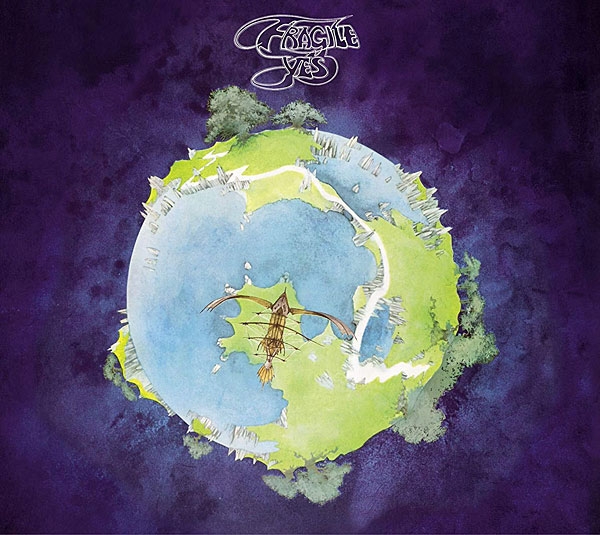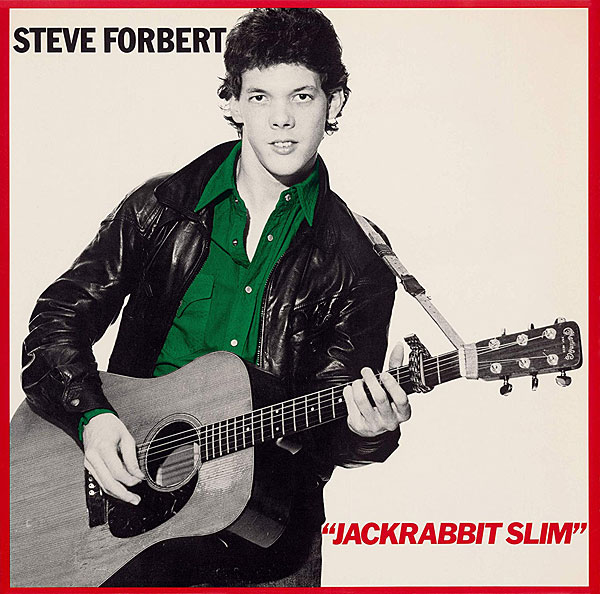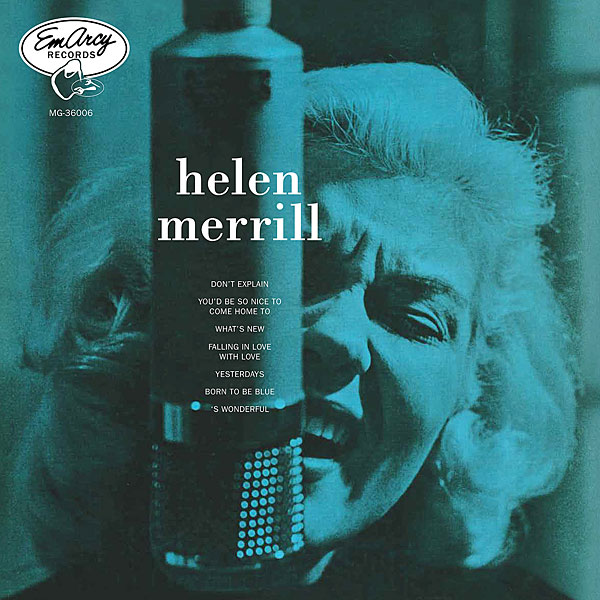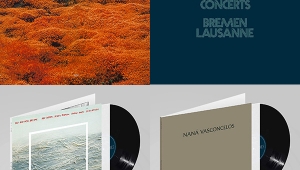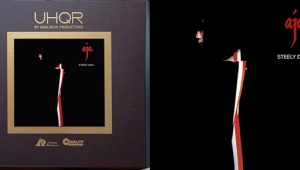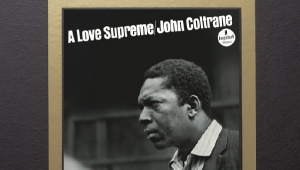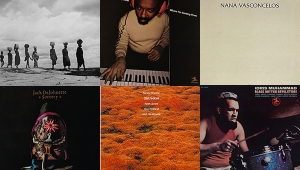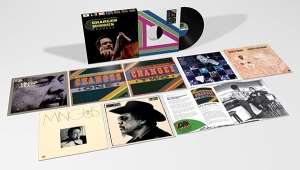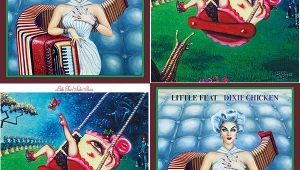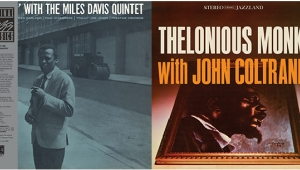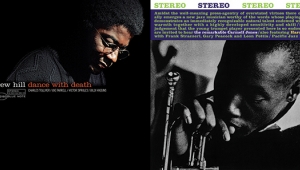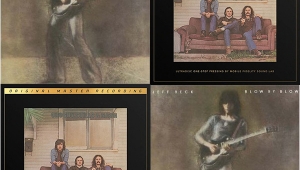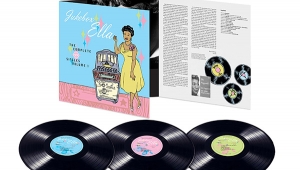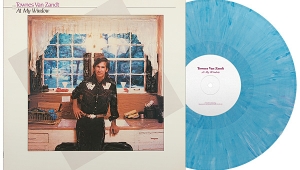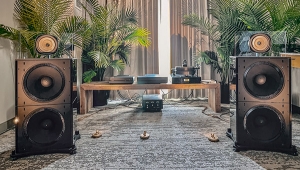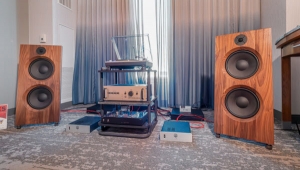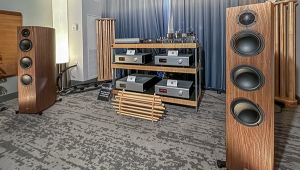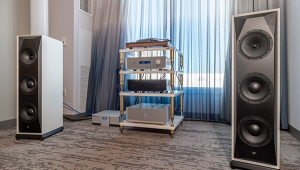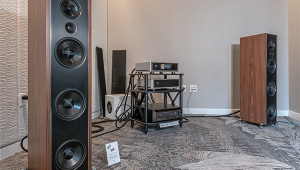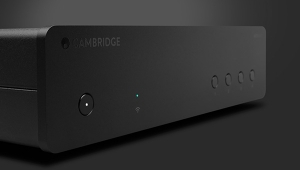| Columns Retired Columns & Blogs |
...there have been a couple high resolution digital re-issues of "Fragile" in stereo and surround that will never wear out since they are on DVD or Blu-Ray.
The first is the DVD-audio version that came out in 2002 and the second being Steven Wilson's remix on Blu-Ray that hit in 2015.
Owning both and just recently redoing my surround system with KEF LS50's and Rythmik subs, these are both sitting on my "surround to listen to" pile.
Even though Mobile Fidelity has, most likely, made the best vinyl records ever, they are not in the same league as high resolution digital. If you love it, fine. Me, sorry, I've had MoFi records wear out or get random, new "pops" (impulse noises) during plays and it sucks. And those pop noises never leave. Vinyl, being a physical medium, wears out.
You like VHS tape/vinyl, I like Blu-ray's. It's that simple in both audio and video.
I recently had a conversation with a vinyl fan about the latest Slash live album. His vinyl cost $40. My Blu-ray with hi-res audio and video cost less than $20 and I know it sounds better... and, oh, yeah, will not wear out after 30 or 40 plays.
It's great that MoFi is still around and putting out stuff like "Fragile". The sad part is that it's a low value proposition for the end user.
One more thing: vinyl records are a waste of resources and not the least bit "green".
